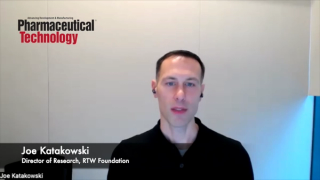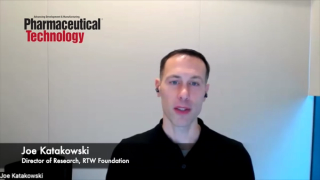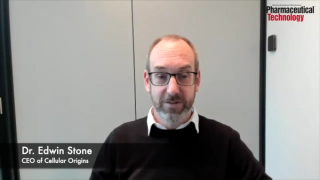
Drug Development
Latest News
Latest Videos

More News

Hydrogels, drug-eluting contact lenses, and other implant technologies show real promise.

Sascha Berger, private biopharmaceutical investor; Shannon Eaker, CTO of Xcellbio; Edwin Stone, CEO of Cellular Origins; and Bryce Sady, VP of Product Development at PSL Group go behind the headlines to talk CAR-T advancements, exciting M&A developments, and the impact of lost research funding on innovation.

The company is expanding its US manufacturing and R&D capabilities with a $1 billion investment by 2030.

Prokaryotics will gain worldwide rights to develop, manufacture, and commercialize NAB741, a non-bioactive polymyxin designed to increase permeability of the outer membrane of Gram-negative bacteria.

The company’s mocravimod, a novel oral S1P receptor, is being evaluated for its efficacy as an addition to CAR-T cell therapies.

Cambridge Healthcare Innovations says its dry powder inhaler engine, Quattrii, can deliver large volumes of biologic and mRNA molecules in a single inhalation.

The 12th edition of the European Pharmacopoeia will be an all-digital, redesigned, user-friendly issue.

mRNA technologies offer great promise in immunotherapy and non-immunogenic applications.

A total of 13 drugs were granted recommendation for market authorization at EMA’s CHMP June 2025 meeting.

Fabian Gerlinghaus, Alexander Seyf, and Knut Steffensen go behind the headlines and dive into the advanced therapy ecosystem.

The new facility offers cleanroom packaging and high-sensitivity analytical testing.

The Commissioner’s National Priority Voucher can be used by drug developers to participate in a novel priority program for shortened drug approval review time.
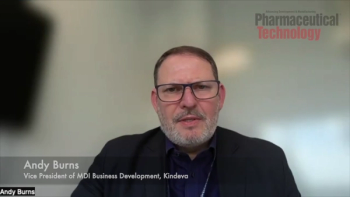
PharmTech Group spoke with Andy Burns, vice-president of MDI Business Development at Kindeva, ahead of BIO 2025 to find out what’s new in pulmonary drug delivery.

The collaboration will focus on identifying pre-clinical candidates for high-priority targets, including a small molecule oral therapy for immunological diseases.

MilliporeSigma and Simtra Launch Five-Year Agreement for Drug Substance, Drug Manufacturing Services
The agreement has been designed to offer a turnkey service to companies seeking faster time to market.

NMPA’s Center for Drug Evaluation accepted Merck KGaA’s application for marketing authorization of pimicotinib as a Class 1 innovative drug for adult patients with TGCTs that require systemic treatment.

The quickly evolving development of biopharmaceuticals is impacting innovation in the industry overall.
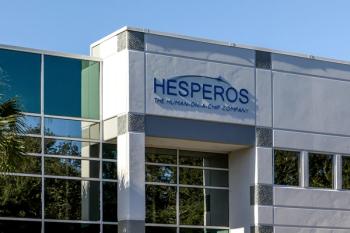
The partnership leverages the Hesperos organ-on-a-chip platform in the preclinical development of Psilera’s lead compound targeting the progressive neurological disorder for which treatment options are few.

Jon Ellis and Simon Vanstone, PhD, go behind the headlines to explore the latest M&A activity and what tariffs and funding changes could mean for mRNA and beyond.

EMA has published recommendations to address potential radiopharmaceutical shortages.

The grant encompasses $100,000 each from the Life Sciences Entrepreneurship Center and Berkeley SkyDeck, with SkyDeck having the option to invest an additional $100,000.

As a result of the decision, Shilpa will not be eligible to receive FDA approval for its lenvatinib mesylate generic until February 2036.

A Phase III trial demonstrated mNEXSPIKE’s non-inferior efficacy compared with Moderna’s original COVID vaccine, Spikevax.

Both companies viewed the early end to the PIVOT-PO trial as a positive development, with GSK saying it would work with US regulatory authorities to move the treatment forward in 2025.

In this exclusive Drug Digest video, Adi Kaushal from Lonza summarizes the current state of the oral solid dosage market, identifies the main challenges to drug developers, explains how CDMOs are leveraging expert techniques to improve OSD bioavailability, and looks into the future of advancements in drug delivery.












